Who needs to be told that the cost of energy is through the roof?!
The good news is that home improvements can have a major impact on your utility bills. Also, there are tax credits for energy-efficient products or fixes. (see the Tax Savings article.) Here’s a look at what Northeast Home & Energy products and services can save you: According to Energy Star, an energy-efficient roof can help reduce peak air conditioning demand by up to 15 percent. Note that an air conditioning system accounts for roughly 35 to 40 percent of a homeowner’s energy use. Asphalt shingles and metal roofs are listed as two of the most energy-efficient roofing materials.
Experts at the United States Department of Energy report that today’s asphalt shingles can increase energy efficiency in your home by up to 30 percent. New asphalt shingles are built with solar-reflective granules that help keep surface temperatures low, which can also extend the life of the roof. The experts recommend using light gray or tan shingles for best effect.
Some experts consider metal roofing the most energy-efficient roof for residential installations. Experts estimate that metallic shingles or panels can reduce cooling costs by between 10 and 25 percent. Metal roofs radiate sunlight from your home, which naturally dissipates heat. Some manufacturers offer stone-coated metal roofs that re-emit up to 90 percent of solar radiation. The U.S. Environmental Protection Agency (EPA) estimates that property owners can save 15 percent on heating and cooling costs, and an average of 11 percent on total energy costs, by adding insulation in attics, floors, over crawl spaces, and accessible basement rim joists. Northeast Home & Energy works with the Mass Save ® program to assess your insulation and provide homeowners free information on how to improve energy efficiency. New vinyl windows provide effective insulation, which keeps the heat inside your home. Once your home reaches the desired temperature your new windows will help maintain that temperature. Through New England Home & Energy you can purchase Harvey Window and Doors ThermaLock 3 X, energy-efficient windows that use Krypton gas between three, Low-E coated panes of glass. Experts explain that Low-E glass reflects heat back into the inside in the winter, which reduces the radiant heat loss through the glass. The reverse happens during the summer. The U.S. Department of Energy reports that vinyl siding can contribute significant energy savings when combined with state-of-the-art insulation. The lighter colors deflect the sun’s heat in the summer. Any vinyl siding does not include any studs, which reduces heat loss.
Subscribe to Northeast Home & Energy's Blog

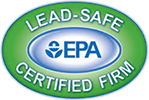


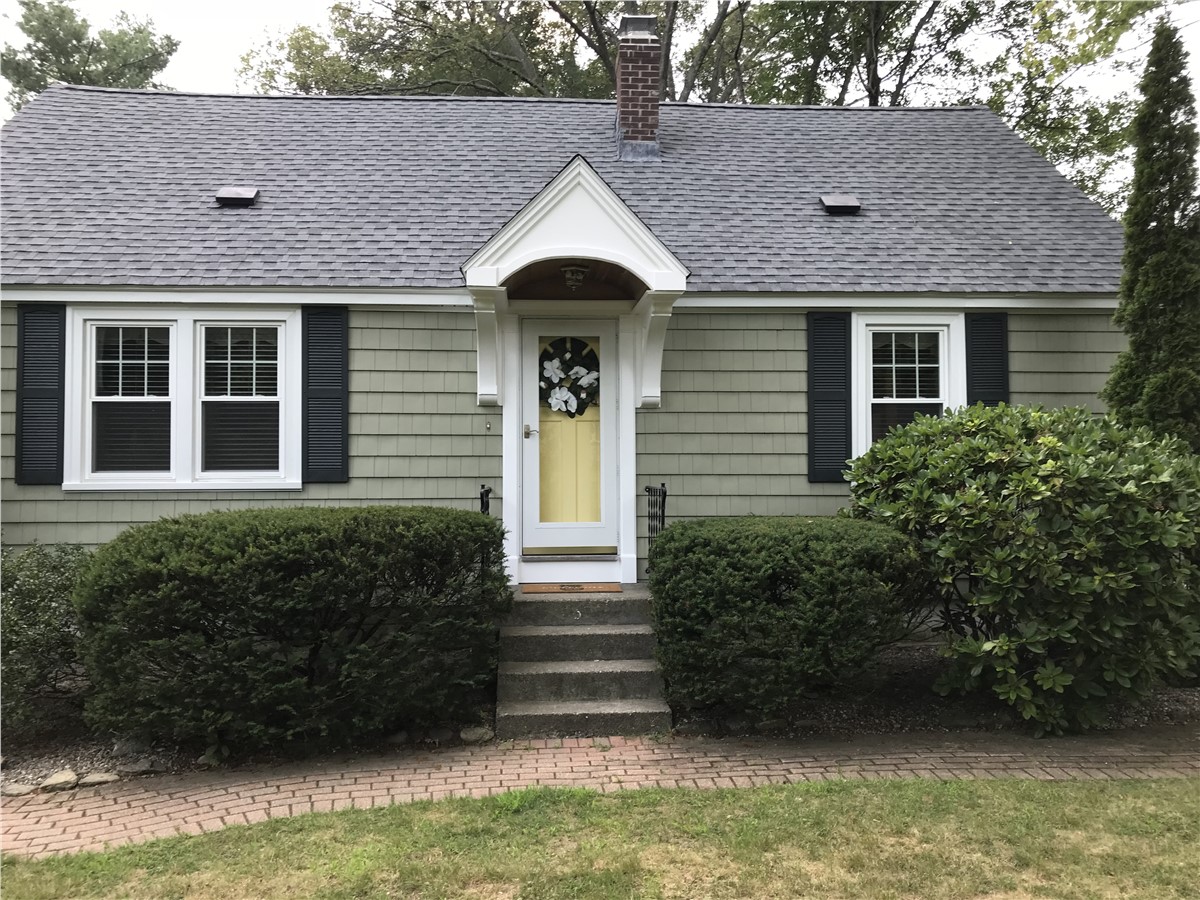
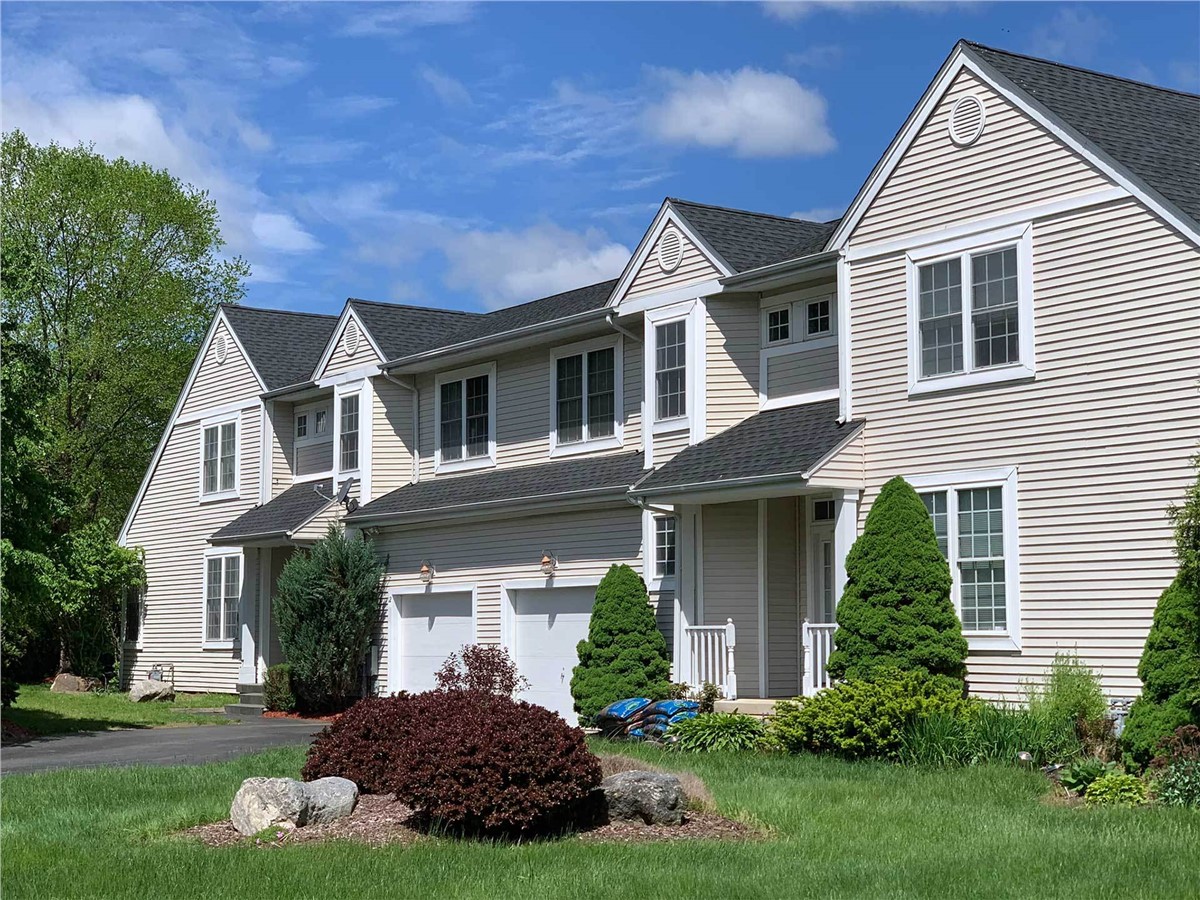
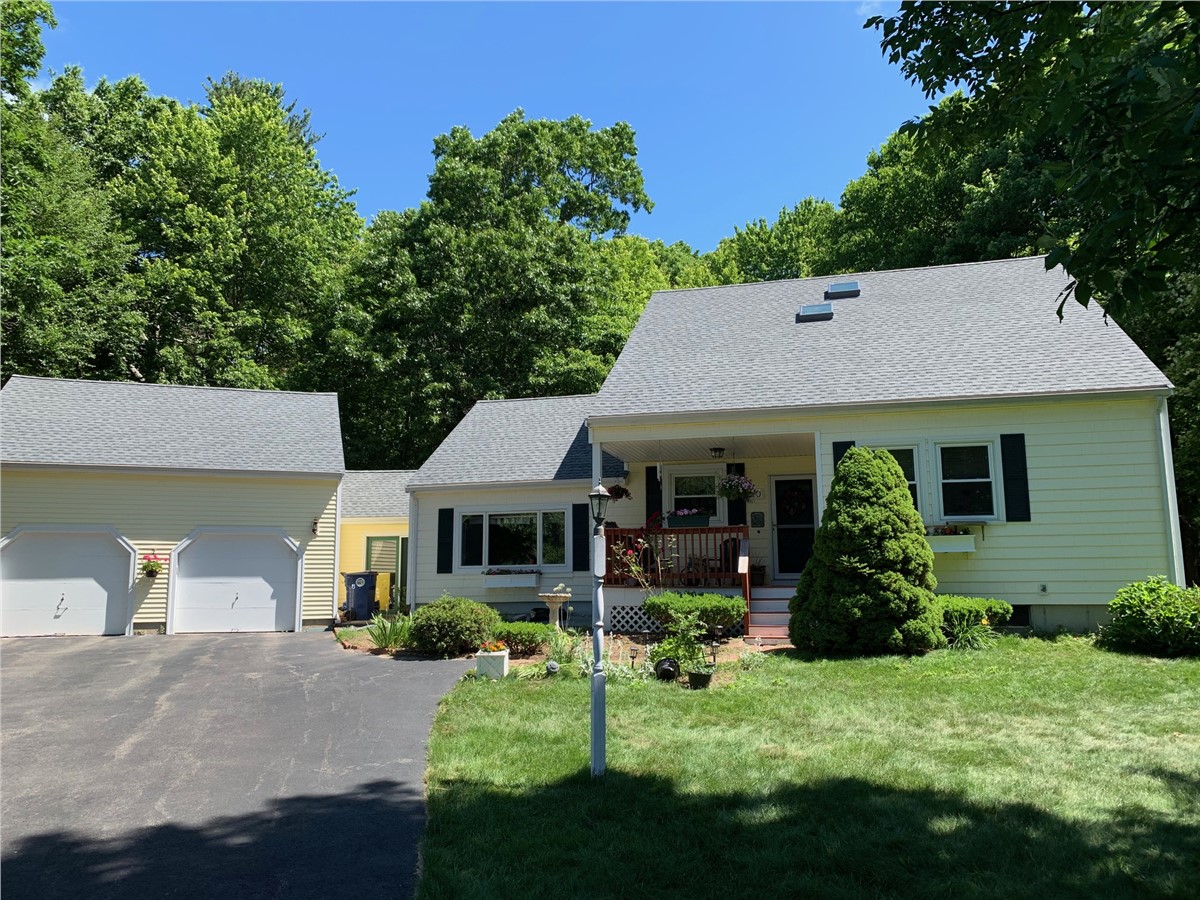
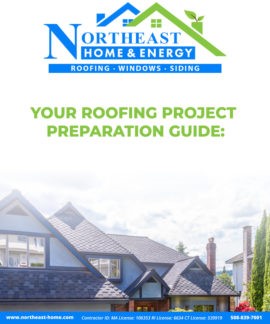
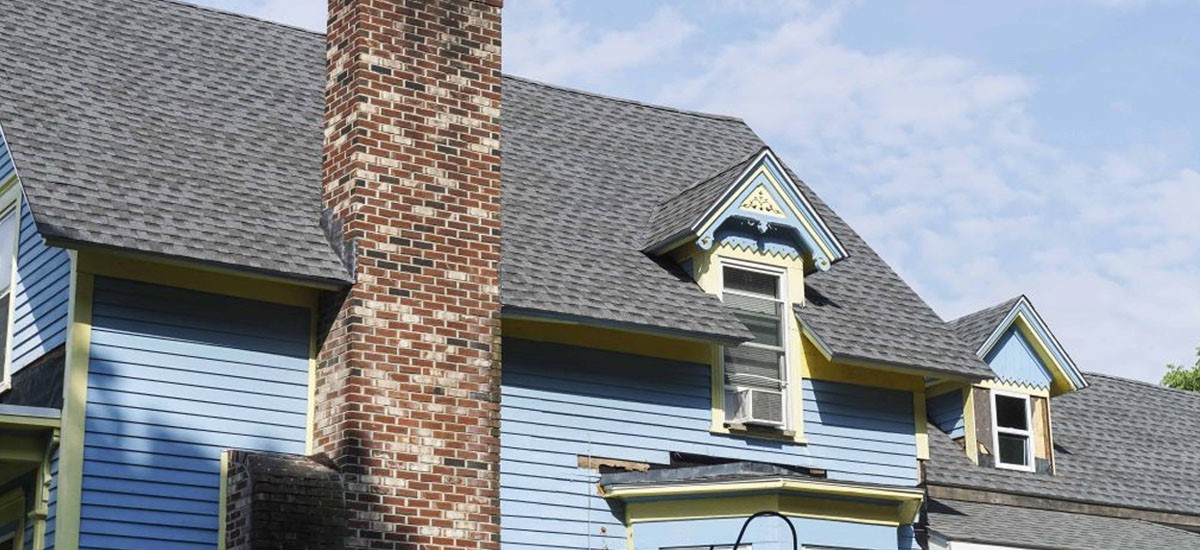

Comments